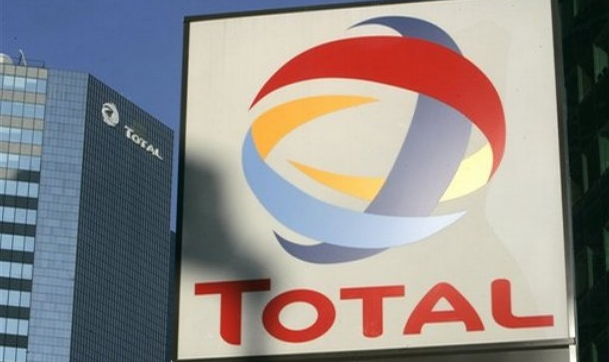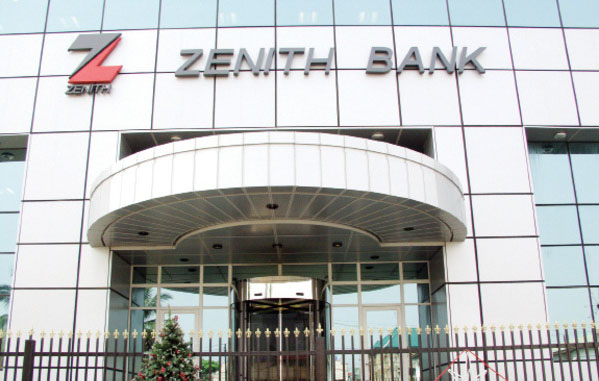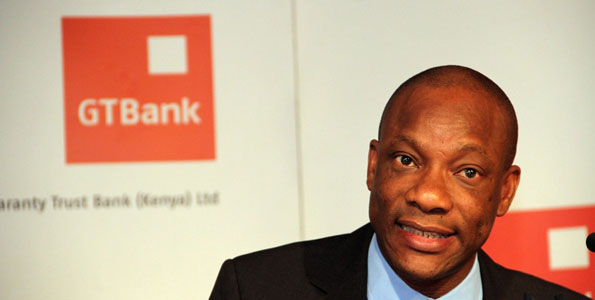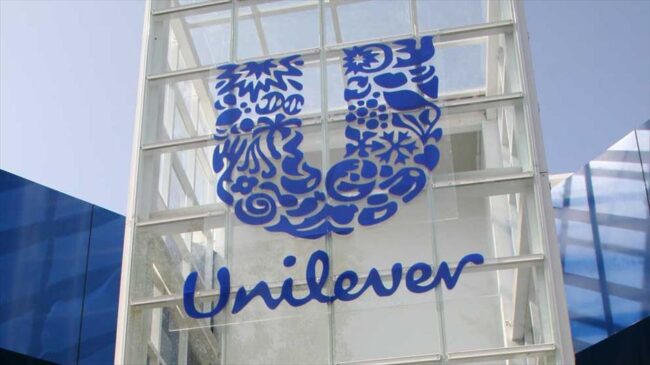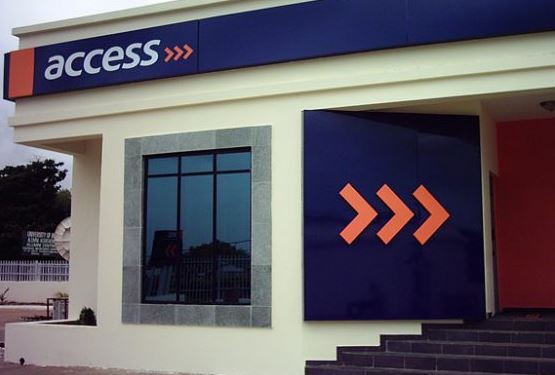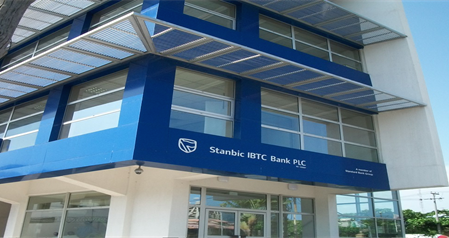Total Nigeria has reported a drop of 46% in after tax profit in the 2017 full year from the record profit high it registered in 2016. At N8.02 billion, after tax profit is down to the second highest figure in the operating history of the oil marketing company. Total Nigeria had multiplied after tax profit more than three and half times to N14.80 billion in 2016.
In 2017, the company lost the key profit driver in the preceding year, which was strong revenue growth. Sales revenue slipped to N288 billion in the year compared to the 40% leap to N290.95 billion in 2016 – that registered the strongest revenue growth in several years.
The company attributed the slacken performance in 2017 to economic recession/slow recovery, which led to contraction of the downstream market. Also, an increase in the landing cost of premium motor spirit [PMS] caused scarcity of the product, the company’s chairman, Mr. Stanislas Mittelman, said.
Other factors that hindered the company’s performance last year, according to Mittelman include foreign exchange scarcity that hindered the importation AGO and ATK and high interest expenses due to increase in bank lending rates and reduction of credit terms for PMS purchases.
Advertisement
Against a marginal decline in sales revenue, cost of sales grew by 7% to N258.77 billion. That caused a 40.3% drop in gross profit to N29.29 billion over the period. Gross profit nearly doubled in 2016.
Three favourable developments helped to moderate the impact of the drop on operating profit. The biggest of them is a complete absence of other expenses that amounted to over N9 billion or 18.4% of gross profit in 2016. There was also an exceptional growth of 172% in other income to N3.94 billion and thirdly is a drop of 42.3% in selling/distribution costs.
The developments helped to counter an increase of 15% in administrative expenses to N18.24 billion but operating profit still dropped by 41% to N12.27 billion. Operating profit had advanced by 235% to N20.93 billion in the preceding year.
Advertisement
There was an outstanding growth in finance income from only N273 million in 2016 to N2.59 billion in 2017. This countered an upsurge of 260% in finance expenses to N3.06 billion and led to a decline in net finance expenses. This is a change of direction from a drop of 52% in finance expenses to N852 million in 2016.
Costs grew generally ahead of earnings for Total Nigeria in 2017 and profit capacity declined. Net profit margin went down from 5.1% in 2016 to 2.8% in 2017. This is a reversal of the record in 2016 when the company’s cost-income ratio dropped considerably.
The company’s high growth in interest expenses follows an increase in borrowings. Its balance sheet debts grew from N9.22 billion at the end of 2016 to N13.13 billion in 2017. The figure had dropped by 32% in 2016 from N13.59 billion in 2015.
The company’s cash flow position came under pressure last year, as net cash generated from operating activities fell by 55% to N7.65 billion. Further strains came from increase in the company’s borrowings and loan repayments. The company closed the year with a net cash decrease of N11.54 billion. This is unlike in the preceding year when net cash generated from operating activities met all the company’s cash requirements for investing and financing activities and yet left a net cash increase of over N11 billion.
Advertisement
Total Nigeria earned N23.62 per share in 2017, a drop from N43.58 in 2016. The company has declared a final dividend of N14 per share, having paid an interim dividend of N3.0 per share during the year. Dividend per share is therefore unchanged from a total dividend of N17 the company paid for its 2016 operations.
The company’s register for the 2017 final dividend will close between 19th and 23rd March while payment is scheduled for 22nd June, 2018.

